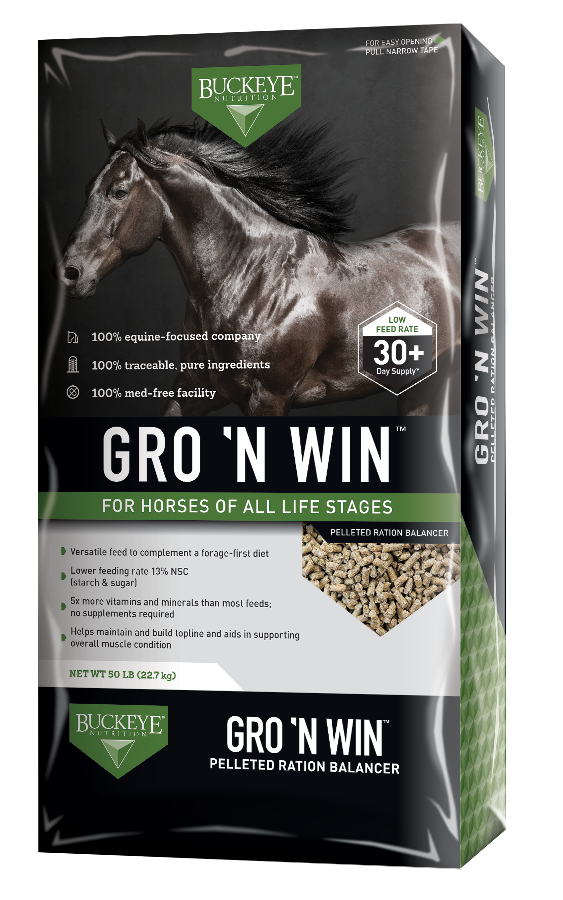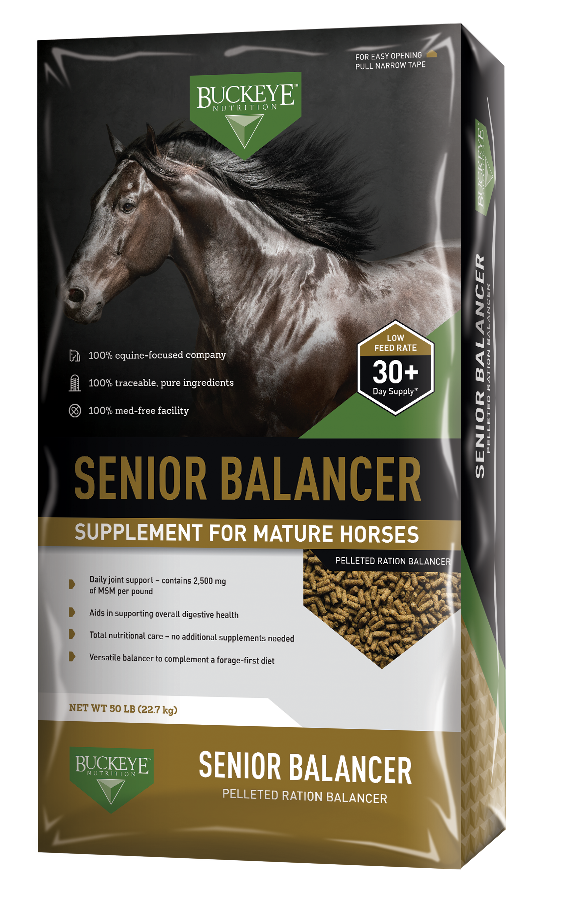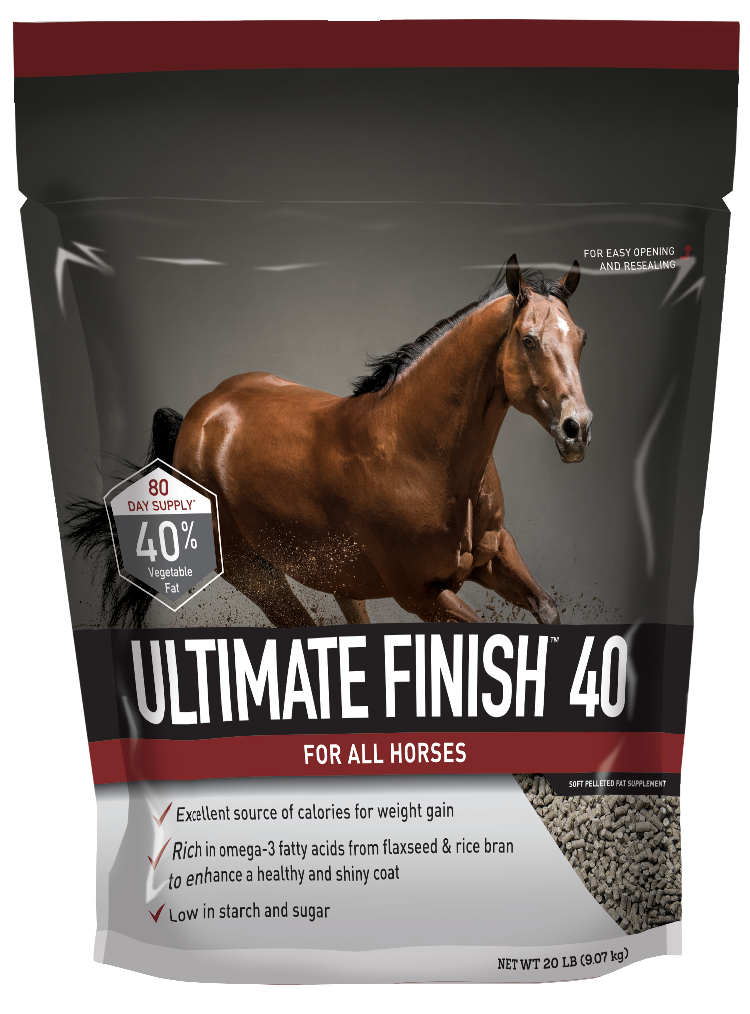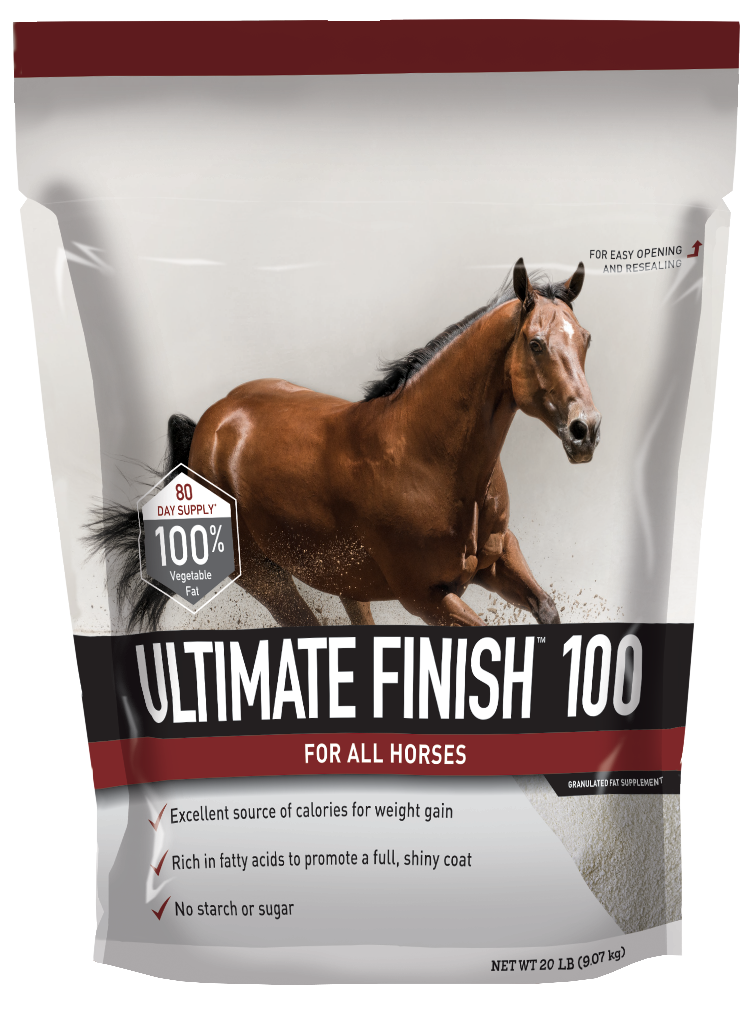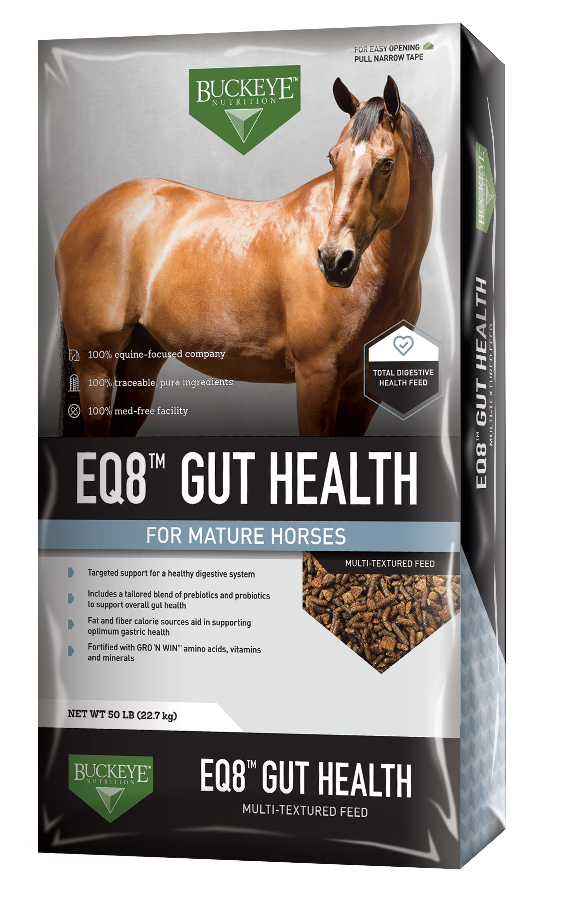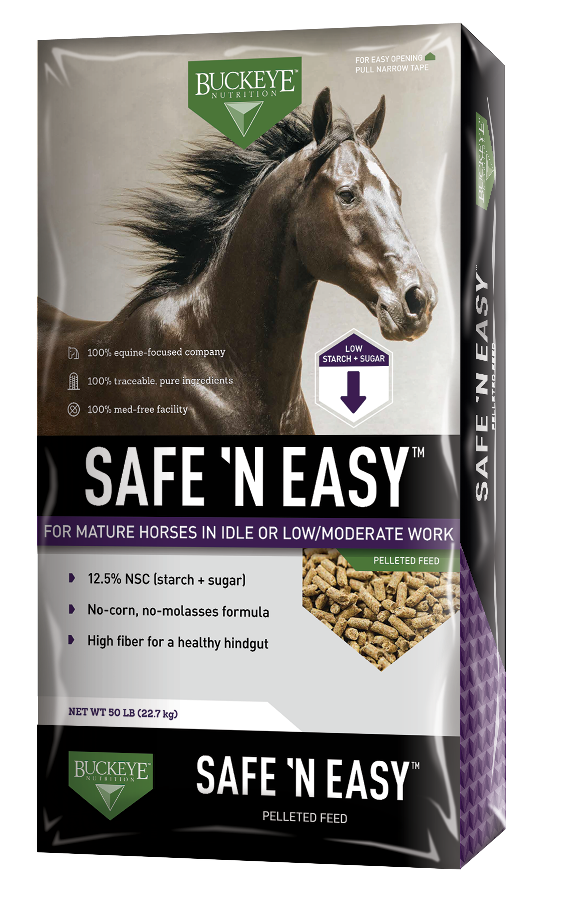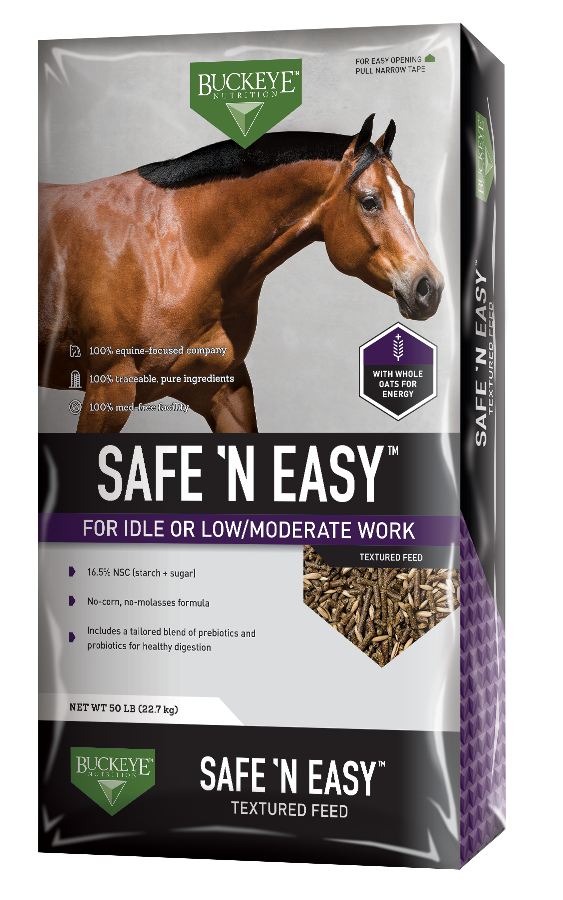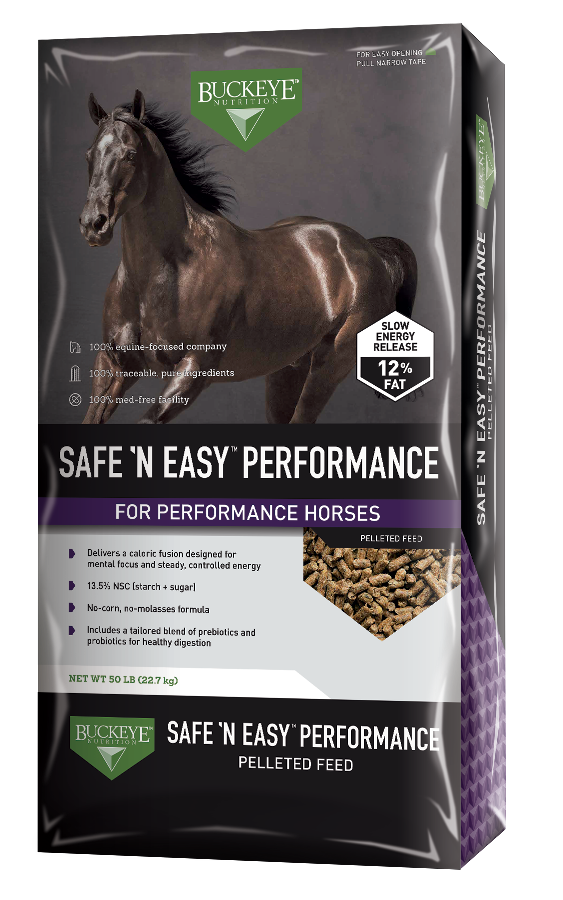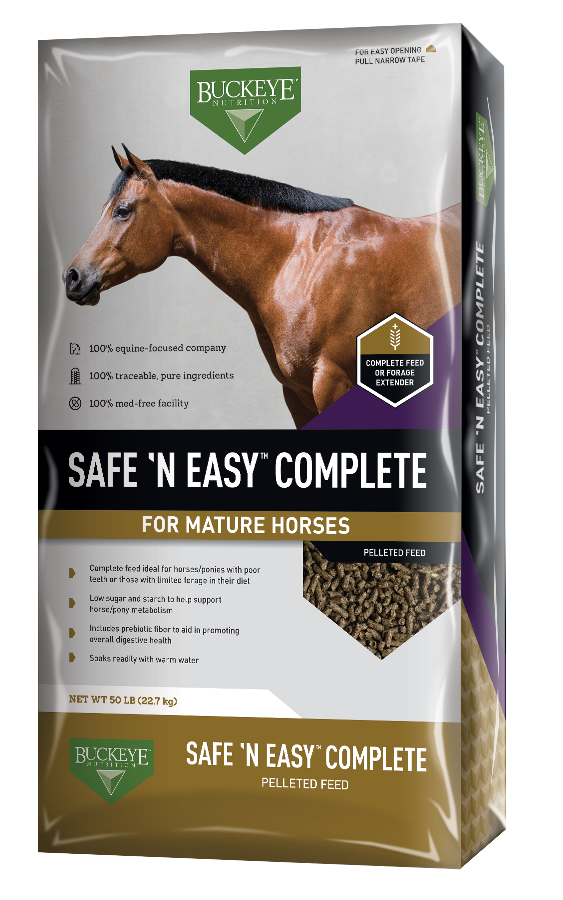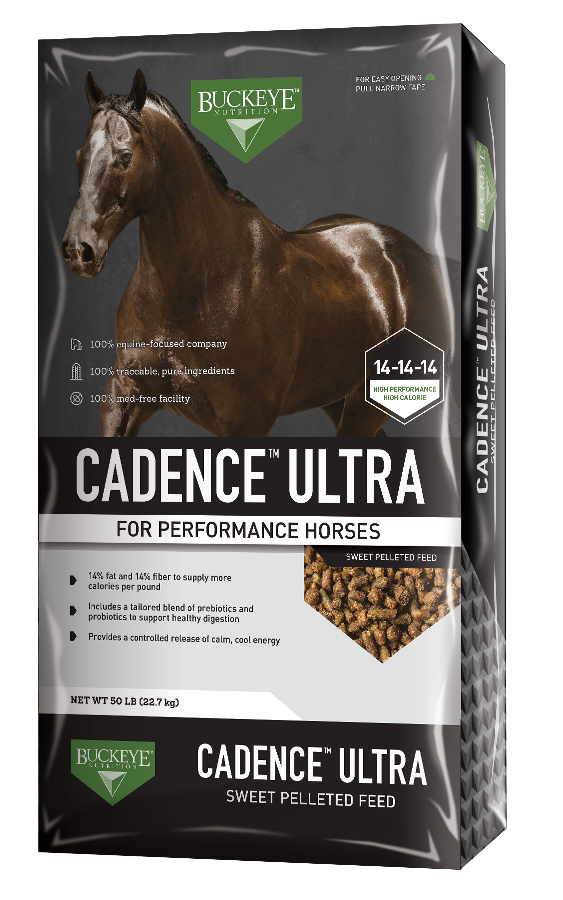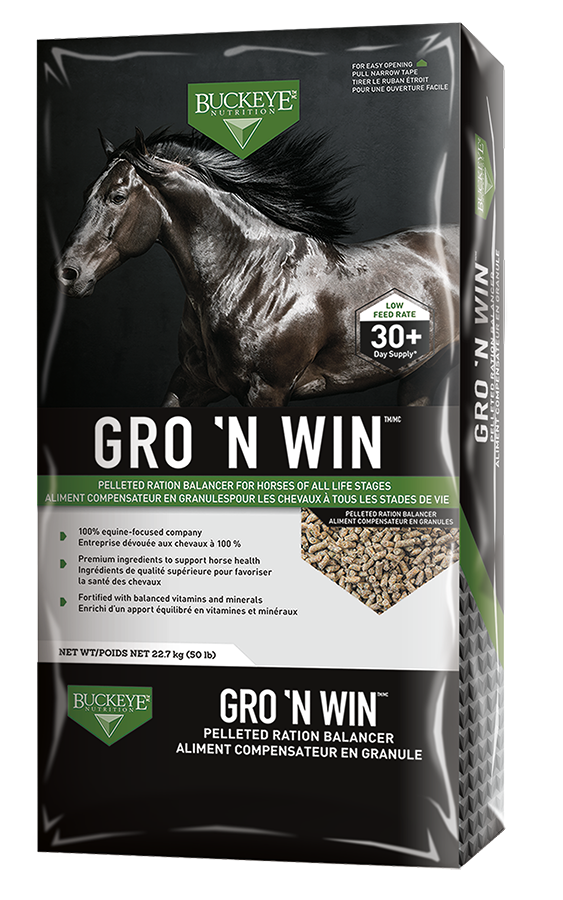Laminitis
HORSE FEED & SUPPLEMENTS FOR THE LAMINITIS-PRONE HORSE
Reducing the risks associated with laminitis
Laminitis refers to a painful acute or chronic condition that causes inflammation of the laminar tissues in the hoof. The specific causes of laminitis have eluded nutritionists, veterinarians and scientists for years, but there are known risk factors associated with this disease:
- Sepsis.
- Nutrition, specifically carbohydrate overload or pasture-induced laminitis.
- Metabolic or endocrine disorders including changes in glucose metabolism resulting in insulin resistance, obesity and/or PPID.
- Other factors such as injuries that cause abnormal stress on supporting limbs.
How can you help reduce the risks associated with laminitis development?
Identify high-risk horses and ponies
- PPID (Cushing’s disease) and/or EMS
- Obesity
- Access to high-quality pasture
- Breeds such as Shetlands, Welsh Ponies, Arabians (to name a few)
Manage pasture non-structural carbohydrate (NSC) intake
- Restrict grazing on lush pastures during spring and fall by limiting turnout time or using a grazing muzzle.
- Remove horses from pasture by mid-morning through early evening.
- Avoid grazing pasture after a frost or poorly managed, stressed pasture.
Feed a low-calorie grass-type hay
- Feed a low calorie, low NSC grass hay (<10-12% NSC).
- Alternatively, soak grass hay for 30-60 minutes to reduce NSC content.
Feed smaller, more frequent meals
- Laminitis can be caused by an over consumption of high starch and sugar grains, either in one meal or by feeding large grain meals.
Provide a low-calorie ration balancer
- A ration balancer such as GRO ‘N WIN™ or Senior Balancer provides essential amino acids, vitamins, and minerals in a safe, low starch and sugar, low calorie formula to compliment your forage.
- This option is for easy-keeping or obese horses and ponies that do not needing additional calories.
Restrict NSC feed intake
- Avoid grain or sweet feed that is high in starch and/or sugar.
- If additional calories are needed, either add a fat supplement or a fiber-based feed with <20-25% NSC. (Horses with a history of laminitis should have feeds 14% NSC or less.)
Fat Supplements:
- ULTIMATE FINISH 25, 40 or 100
Feeds with low NSC, high in fat or high in fiber:
- SAFE N EASY™ Pelleted: only 12.5% NSC and 20% fiber
- SAFE N EASY™ Textured: only 16.5% NSC and 20% fiber
- SAFE N EASY™ Performance: only 13% NSC, and high in fiber and fat
- SAFE 'N EASY™ Senior: only 14% NSC, and high in fiber and fat
- SAFE 'N EASY™ Complete: only 12.5% NSC and high in fiber
- EQ8™ Gut Health: 23% NSC and 8% fat
- EQ8™ Senior: 21.5% NSC and 10% fat
- CADENCE™ Ultra: 23% NSC and 14% fat and fiber
View our selection of horse feeds and supplements for laminitis-prone horses below or contact us with any questions.
